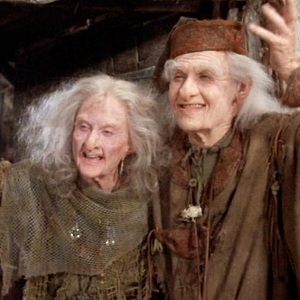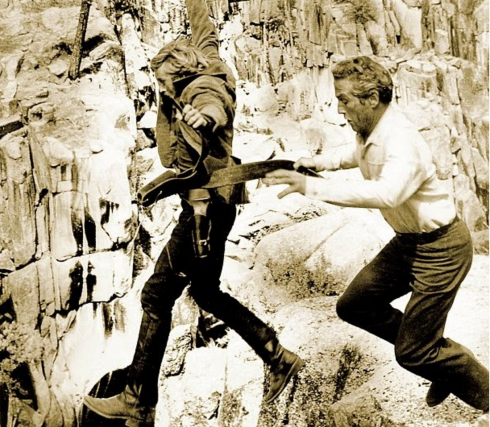
I expect Nathan Englander’s short story “What We Talk About When We Talk About Anne Frank” to be a downer.
Not just because of Anne Frank, but because of the simple words that lead up to her. Those aren’t innocent words. They echo Raymond Carver’s classic story “What We Talk About When We Talk About Love.”

And when we talked about love in Raymond Carver’s story, things ended badly.
Two couples, both on their second marriage, sit around a kitchen table with a (soon empty) bottle of gin, talking about what love is and what it isn’t.
It’s a dangerous topic. Reality falls so short of the ideal. By the end, all four at the table feel lost:
“Gin’s gone,” Mel said.
Terri said, “Now what?”
I could hear my heart beating. I could hear everyone’s heart. I could hear the human noise we sat there making, not one of us moving, not even when the room went dark.
I’m as uneasy about love as Carver’s characters. And his story reminds me of it. But I’m feeling better than Mel and Terri at the end. That’s because I’ve been reading a story.
In a collection of essays called How to Be Alone, Johnathan Franzen explains (to me, anyway) why reading a good story is the best cure for that creeping feeling that you’re alone in the world: Reading creates a group of two: faithful writer and trusting reader.
That’s what gives me the courage to tackle whatever Nathan Englander plans to throw at me. Even talk about Anne Frank. Even in the manner of Raymond Carver. It’s going to be the kind of sad that makes me feel good.
It isn’t until late in the story that Nathan Englander’s characters (two Jewish couples) shift their conversation from figurative Anne Frank (kosher laws, the Israeli occupation, the modern holocaust of intermarriage) to the actual Anne Frank.
Maybe because they find themselves in the enclosed space of the host’s pantry, or maybe because they’ve smoked some very strong marijuana, or maybe because (my husband tells me) this is not an unusual preoccupation, they fashion an Anne Frank game. The object of the game: examine friends and neighbors to figure out who would hide you the next time they come for the Jews.
But what are they really talking about when they talk about Anne Frank? Pretty soon, the couples jokingly (they’re stoned) turn the game on one another.
Orthodox Jewish wife (with ten daughters) puts her husband to the test: Does she believes he would hide her, Anne Frank style, if it came to that?
. . . And she says, after a pause, yes, but she’s not laughing. She says, yes, but to him it sounds as it does to us, so that now he is asking and asking. But wouldn’t I?
. . .
She does not say it. And he does not say it. And from the four of us, no one will say what cannot be said–that this wife believes her husband would not hide her. What to do? What would come of it? And so we stand like that, the four of us trapped in the pantry. Afraid to open the door and let out what we’ve locked in side.
And that’s the end of the story.
All of it works for me except the phrase in boldface (the boldface is mine; the words are the author’s). With those words my group of two with Nathan Englander evaporates. Did he think he had to explain everything to me?
I’m sorry about it.
I think: This writer believes his reader would not understand him.
But to you, trusting reader, I say: I put down the book and the room went dark.
Tags: Books, Jonathan Franzen, Nathan Englander, Raymond Carver, reading, What We Talk About When We Talk About Anne Frank, writing







